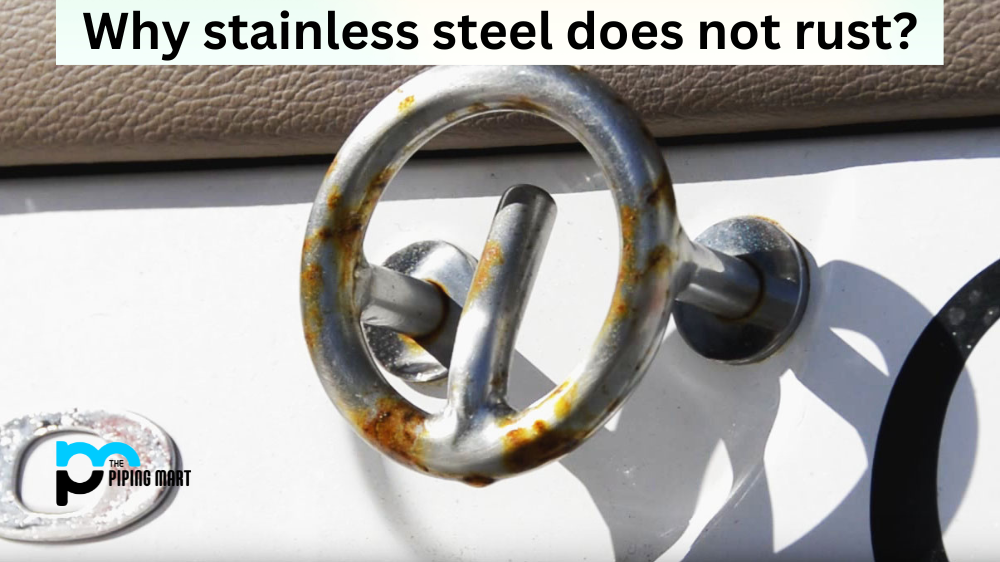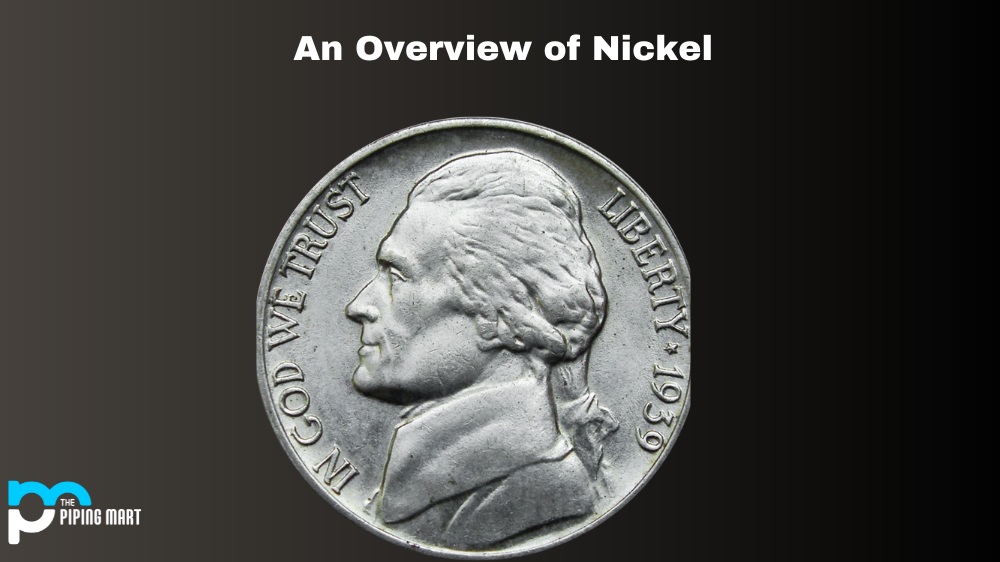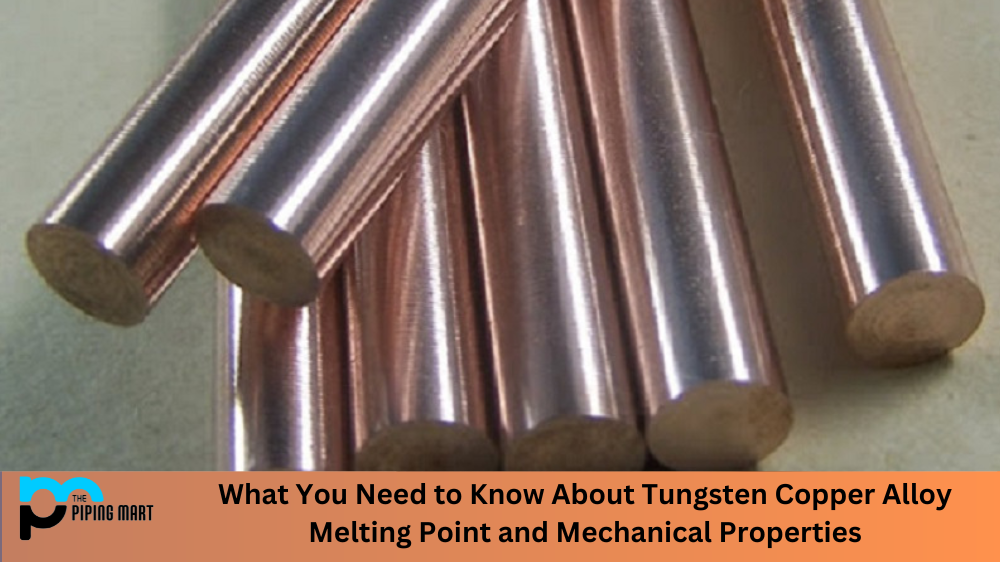Stainless steel is a metal alloy made up of iron, chromium, nickel, and other metals. It is one of the most popular materials used in industrial settings because it is durable, rust-resistant, and relatively easy to maintain. But how does stainless steel resist rusting? Let’s take a look at the science behind this special metal.
Chromium in Stainless Steel
One of the primary components of stainless steel is chromium. It’s added during manufacturing to give stainless steel its corrosion-resistance properties. When exposed to air and water, a thin layer of chromium oxide forms on the surface of stainless steel, which helps create an invisible barrier that blocks oxygen from reaching the metal beneath. This oxidation process prevents further corrosion from occurring on the surface of the metal since oxygen can’t penetrate through this protective layer.
Nickel in Stainless Steel
Another component found in stainless steel is nickel. Nickel gives stainless steel additional strength and makes it more resistant to tarnish or discoloration when exposed to certain elements like sulfur dioxide or salt water. Nickel also increases the corrosion resistance properties of stainless steel by helping form a more stable chromium oxide layer on its surface. This means that even if your stainless steel is accidentally scratched or dented, there’s still enough nickel present to help protect it against rusting over time.
Other Elements in Stainless Steel
Stainless steel also contains other elements like molybdenum, titanium, and copper, which each play their own role in making this metal so resistant to rusting and corrosion. Molybdenum enhances its strength, titanium helps increase its durability, and copper makes it more heat-resistant and ductile (flexible). Each of these elements works together to enhance the overall corrosion resistance properties of this special alloy which help prevent it from rusting over time even when exposed to harsh environmental conditions like rain or snow.
Conclusion:
If you need a material that won’t corrode after long-term exposure to moisture or other environmental factors, then you should consider using stainless steel for your projects or applications. Thanks to its unique composition—which includes chromium, nickel, molybdenum, titanium, and copper—stainless steel have superior corrosion resistance properties that make it highly resistant to rust even after years of use outdoors or in wet conditions where other materials would quickly corrode away. Whether you’re looking for an industrial-grade material for your next project or just want something that won’t rust easily around your home—stainless steel might be just what you need!
Meet Heer, a dynamic and driven writer learning tricks of her trade in the metal industry. With a background in Digital Marketing, Heer brings a unique perspective to her writing, sharing valuable insights. Apart from blogging she like reading and hiking.




